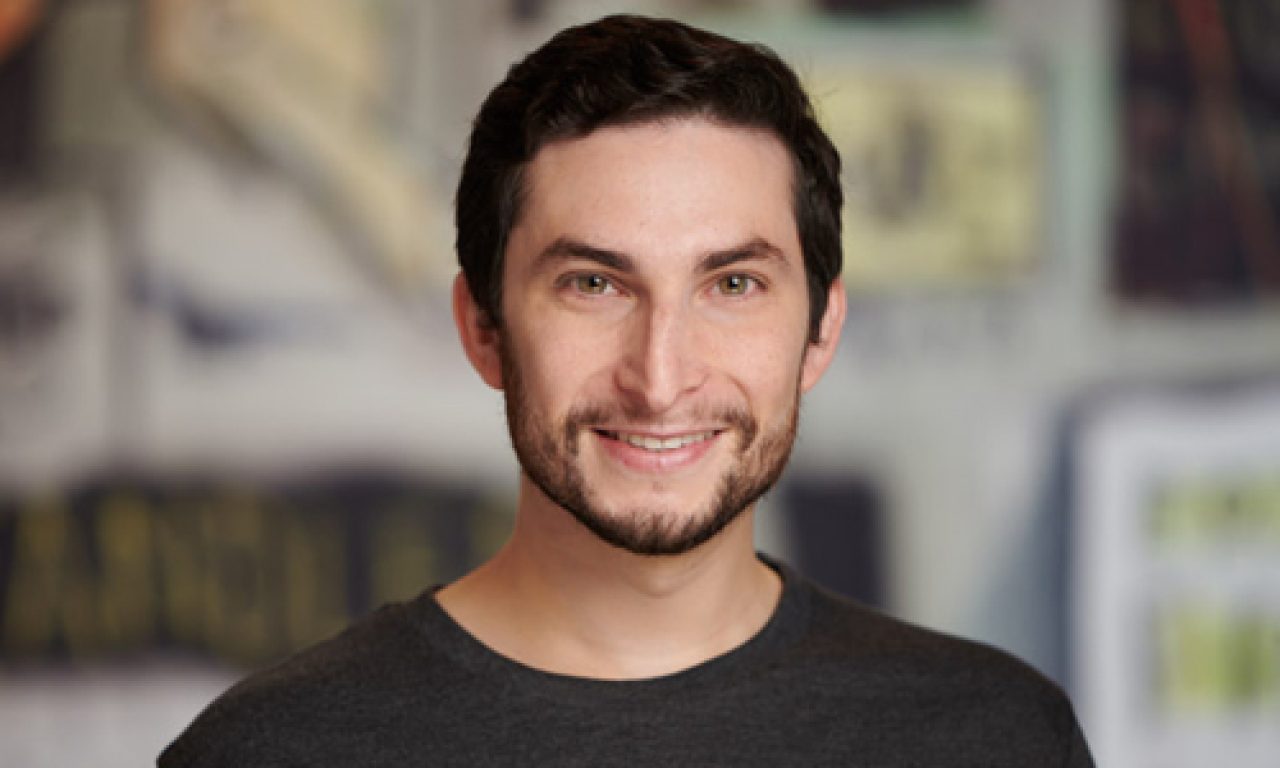by Greg Bright
Except for a couple of well-known cases, Australia’s fourth-largest super fund system in the world has eschewed venture capital as an investment. And, to make matters worse, any money the big funds have spent in recent years has tended to go offshore. We wonder why Israel has become the new Silicon Valley. Aaron Applbaum explains what we can do about it.
The big recipients of local super fund money include Blackbird Ventures, to which First State Super (now called Aware Super) committed about A$100 million, and OneVentures, which has raised more than A$400 million across multiple institutional sources over the past 10 years. The trend is positive, but it’s slow. For an institutional funds industry of about A$3 trillion, the sums invested in venture, particularly local venture, are not very big.
Yasser El-Ansary, the chief executive of the Australian Investment Council, the venture and private equity sector association formerly known as AVCAL (the ‘Australian Venture Capital Association Ltd’) says the private equity and venture sector has grown strongly over the past couple of decades, from six funds which raised A$500 million in capital in 1998 to 101 funds which have raised A$26 billion in 2018, according to research from global institutional advisor Cambridge Associates. Most of that money is traditional private equity rather than VC, and most of that is in leveraged buyouts.
El-Ansary told the 2018 ASFA conference that many investors remained wary about venture capital. Any discussion about venture capital performance remained “the elephant in the room”, he said. He cited Cambridge Associates data showing the internal rate of return for Australian venture capital funds was 26 per cent in the year to March 31, 2018. Over three years, annual returns were 10 per cent and over five years were 11 per cent. “The data around private capital returns in Australia is exceptionally strong and I think that surprises people,” he said, adding that returns are in line with global counterparts. Hmm. International comparisons in investments are always difficult.
Aaron Applbaum, a partner in the Tel-Aviv-based venture capital firm MizMaa, which has its roots planted also in both San Francisco, next to Silicon Valley, and Hong Kong, part of the Asian technology hub of Greater China, says that big investors need to have a different mindset when investing in venture. A managed fund is the best way to go for big investors, he says.
The fund he runs on behalf of MizMaa, which has a “couple of hundred million (US) dollars” invested, can accept small amounts, such as $2-3 million, as well as large. But he recognises that large funds, such as Australia’s big super funds, need to be able to both “move the needle” with their investments and justify the amount of investment professional time spent on analysis and monitoring. “There is no reason that half of the total allocation can’t come from a fund of funds which sits on top of the other investment,” Applbaum says. “There are ways it can flow through the stack… It turns out that VC is one of the best returning asset classes across both alternative assets and traditional.”
Israel has a number of advantages over Silicon Valley and the rest of the world with respect to venture investing. For starters, the Israeli Government, which the rest of the world assumes is pre-occupied with the country’s defence against its neighbours, invested heavily in incentivising innovation and technological developments starting in the 1990s. Importantly, the recipients of those incentives were receptive to doing the long haul of invention and product development.
Israel offered soft loans in a program in the early 1990s in which the Government matched private investment in the development of new technologies. “Within a few years the program was no longer necessary,” Applbaum says. What ensued was that “top-tier” industry-focused tech companies tended to set up R&D operations in Israel and they were followed by the big global companies, such as Google. “In all, there are now about 370 global R&D centres in Israel now,” he says. “This was not an overnight phenomenon. It took two-and-a-half or three decades to achieve what we have.”
MizMaa’s own history is interesting. The name is a combination of two Hebrew words: ‘Mizrach’ and’ Maarav’, which, combined means ‘east and west’. The firm was set up only in 2016 but the main players have had a long history in both technology and entrepreneurship. Aaron’s father, Isaac, an entrepreneur in the tech space and early investor in companies such as LightSpeed and a founder of Opus Capital, and mother, Hilda, a successful fund manager with the Capital Group, based in California, moved to Hong Kong for a time, where they met Catherine Leung, who had worked at J.P. Morgan for the previous 20 years and was looking for something new. They decided to team up and get into the VC industry in a more professionally structured way. They wanted something between the culture of Silicon Valley and that of Hong Kong and turned to Israel. Aaron, who had distinguished himself in the US security and defence industries, with a bent towards new technologies such as with cyber security, was looking for his “next adventure” and moved to Tel Aviv.
“Catherine (Leung) accesses capital and ideas in the east and my father accesses them in the west,” Aaron says. “I have the touch points with the companies and investors. We recently brought in an ‘operating partner’, Rick Kaplan, (previously the worldwide business development leader for IBM’s financial service unit) who helps us break into the ‘C-suite’ at big companies. He is very connected where the rubber hits the road,” Aaron says. “From Israel, we can give investors access to the global markets because everyone passes through here.”
In a sense, the Israeli tech industry is built off the back of the Government’s investment in the military. “The military looks to invent novel solutions that are needed to be used to solve new problems. The Israeli military is wonderful in the way it allows new technologies to be commercialised,” Aaron says. “But what we won’t do is get involved in business model disruptions. For example, we are not looking for the next FaceBook, where the business model and the time to market are crucial. We only invest in tech where the main barrier to entry is the tech itself.”
In terms of its selection process, Aaron says, that, in some ways, MizMaa predicts the future. “We look at problems in the world that need to be solved and then we work backwards.” An example he uses, given his cyber security knowledge, is a ‘quantum-safe encryption’ technology. “After that, it’s a leap of faith,” he says. But that leap of faith, which has to do with big trends, is backed up by the firm’s special knowledge in specific aspects of technological development, which reduces the risks associated with a “leap of faith”.
Sometimes, MizMaa would like to invest in a company which doesn’t exist. For instance, after observing the trend in the automated vehicles industry, the firm asked itself: “what about ships?” The maritime industry seemed to be a likely one where autonomous (computerised) decisions could be made to save a lot of money. Aaron says there are about US$20 billion in damages due to maritime crashes per year. So, after talking with a large ship owner in Hong Kong, MizMaa became the first mover in an investment in ‘autonomous ships’ and is helping develop ‘autonomous vision’.


